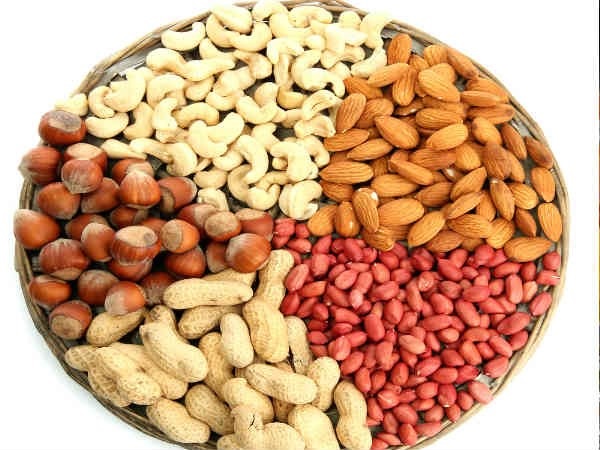This Diet is a Win-Win for Your Health and the Health of the Planet
Category: Healthy Choices

Did you know that agriculture is responsible for 30% of global greenhouse gas emissions? Or that our current food production methods are the largest drivers of species extinction, with agriculture threatening 80% of endangered mammals and bird species? As we approach Earth Day, it’s time to reflect not just on the beauty of our planet, but also on the some of challenges it faces.
One critical issue stands out: the sustainability of our food systems.
The reality is that our daily dietary choices do have an impact on the environment. The typical diet, especially one high in red meat and processed foods, can be detrimental not only to our health but also that of the planet.
It looks like it could be a “lose-lose” situation that cannot sustain the projected population growth to 10 billion by 2050.
However, there is hope.

A comprehensive study published in “The Lancet” introduces the Planetary Diet – a primarily plant-based diet designed as a “win-win” solution for our health and the planet. This diet emphasizes vegetables, fruits, whole grains, legumes, nuts, and unsaturated oils, with a minimal intake of red meat and processed foods.
By shifting to the Planetary Diet, we could significantly reduce greenhouse gas emissions and land use, offering a sustainable path forward. The Planetary Diet is not just about personal health; it would have a positive environmental impact on the planet. It also is possible that adopting this diet could avert about 10.8-11.6 million deaths per year globally!
Nourishing Our Planet with Sustainable Choices
For those exploring the shift to a more plant-centric diet, remember, it’s about balance and thoughtful choices. If a full transition feels overwhelming, consider integrating responsibly sourced meats into your meals as an excellent stepping stone.
You may want to opt for grass-fed beef and select seafood that’s earned the seal of sustainable harvesting. These conscious decisions not only reduce the strain on our planet but also support the delicate balance of our ecosystems, all while respecting individual dietary needs and preferences.
Cultivate a habit of purchasing locally grown, seasonal fruits and veggies. This practice not only delivers peak freshness and flavor but also has the potential to decrease the amount of fuel burned by trucks taking these items to market.
Additionally, prioritizing the reduction of food waste is not just good for the environment; it’s a step towards a more mindful and appreciative relationship with the food on our plates.
Let’s celebrate Earth Day with purpose.
Join our upcoming wellness webcast, Farm to Fork: Eating Well and Living Green, on April 17th and uncover practical strategies to nourish yourself and nurture the planet.
This event will delve into the intricacies of the Planetary Diet, understand the vital shifts needed for sustainable agriculture, and debunk some of the most pervasive myths about what truly constitutes eco-friendly food choices.
This is more than just a discussion; it’s a call to action—a chance to redefine what it means to eat wisely in harmony with nature.
Here’s to a healthier you and a thriving planet.
Please feel free to contact me for more information at Jerry@Fit4LifeLLC.com.




Facebook Comments